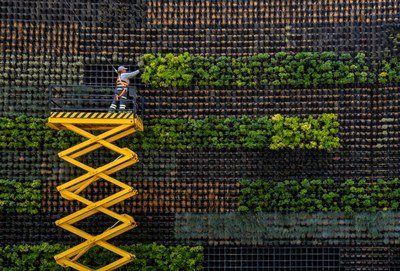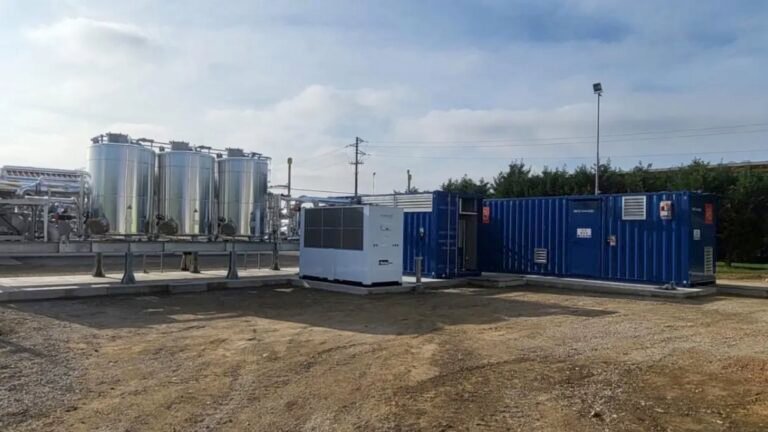The European Environment Agency (EEA) has called for urgent innovation in biomass and bio-based sectors to diminish Europe’s environmental impact and reduce reliance on imported resources. A report released this week underscores the environmental challenges associated with Europe’s current consumption patterns and emphasizes the necessity for increased investment in circular bioeconomy solutions to achieve lasting sustainability.
The EEA indicates that the 32 member countries collectively produce only about 50% of the biocapacity needed to support current consumption levels. The remaining demand is met through imports, particularly in high-impact sectors such as forestry, grains, and energy. This import dependency places considerable environmental stress on supplier regions outside of Europe.
The report, titled ‘Opportunities for Innovation in the Bioeconomy,’ highlights that reducing this dependence requires more efficient and sustainable utilization of domestic biological resources, particularly biomass generated from agricultural and food waste. Agricultural byproducts like husks, stover, and stubble, along with processed food waste, are identified as underused sources of sustainable biomass. Redirecting these waste streams into value-added products and fuels can foster a more circular and resilient European economy while aiding in the achievement of climate and biodiversity objectives outlined in the European Green Deal.
Construction is pinpointed as one of the sectors with the highest environmental footprint, contributing significantly to Europe’s carbon and forest impact. A large portion of this impact originates from upstream supply chains, indicating that incorporating renewable, biomass-based materials in construction could substantially reduce emissions and resource extraction.
The report stresses the importance of sustainability in future bioeconomy strategies. Responsible sourcing, preventing deforestation, and protecting biodiversity are crucial to ensure that a shift towards bio-based systems does not lead to unintended environmental consequences. The EEA also warns that trade-offs related to land usage and social equity must be carefully assessed, and policy decisions should be based on robust evidence and stakeholder involvement.
These findings are expected to influence the upcoming revision of the EU’s bioeconomy strategy, providing guidance for national and regional governments aiming to align economic growth with climate and environmental goals.




